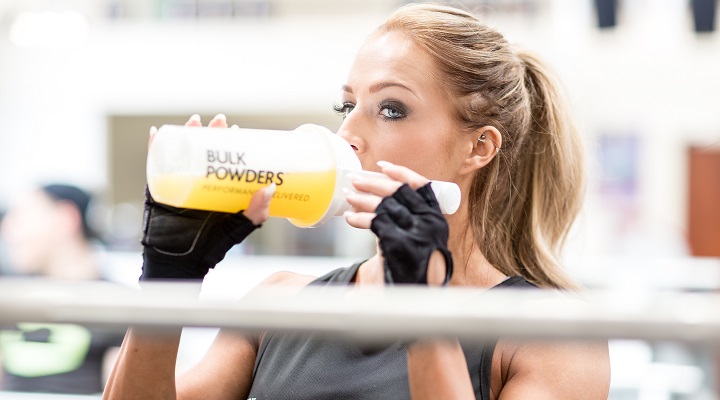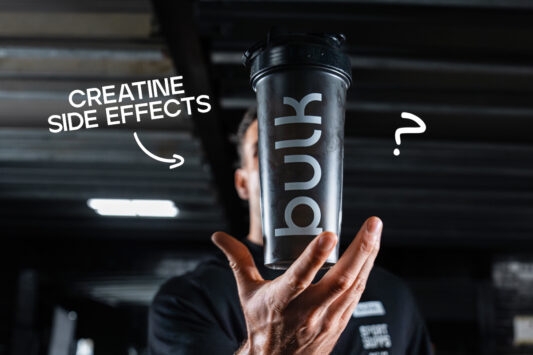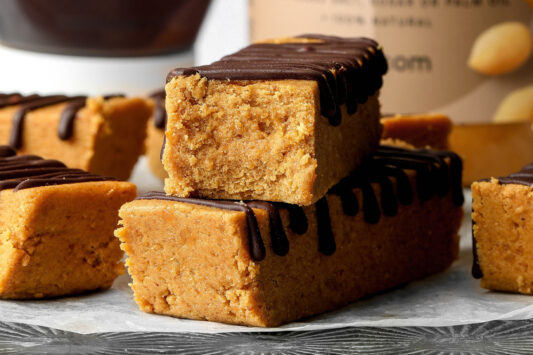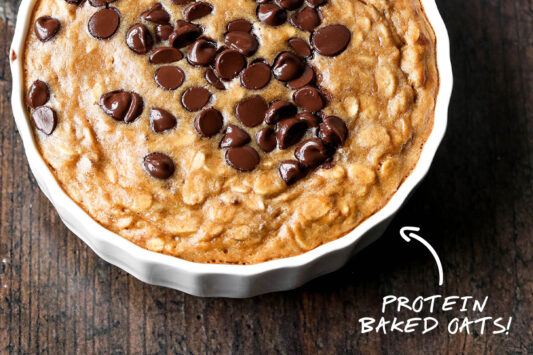Before getting too bogged down with what sports products to take it must be well understood that a supplement should only be consumed to “supplement” a healthy, balanced diet and not to replace or become the main nutrition goal. It is important to lay-out the fundamentals of a solid nutrition plan, this means consuming the correct nutrients at the right times with plenty of variety in the type of foods and understanding your specific training or performance goals. Then, once the diet is fully in place it is then where you can look to add the necessary supplements to further support recovery and performance – think of this as putting the icing on the cake.
Here is a list of some of a few research-proven supplements which will be sure to help you along the way to achieving your goals as well as supporting general health and wellbeing.
1. Omega 3 Fish Oil
According to the World Health Organisation (WHO), the prevalence of metabolic syndrome and obesity related diseases is dramatically on the rise, and has been for some time. This falls heavily in line with the fact that the modern day diet is overly dense in omega 6 (inflammatory) and lower in essential fatty acid (EFA), omega 3 (anti-inflammatory), which are predominantly found in oily fish.
To overcome this imbalance of omega 3 to 6 ratio, it is therefore recommended to reduce foods such as commercial vegetable oils and consume at least 3 portions of oily fish a week (trout, mackerel, and salmon). Although this might sound simple at a glance, it isn’t quite that straightforward. Not only can it be difficult to find simple and effective meal plans that incorporate fish as the primary source of protein, but the omega 3 levels are also dependant on many things. This includes the type of fish (some good quality sources of fish can be low in omega 3’s, an example of this is yellow fin tuna), and the quality of the fish (cheap supermarket choices being lower in omega 3 than that from a fishmonger with local produce).
Even if you are consuming 3, 4 or even 5 portions of fish a week, the health benefits of omega 3 are too good to turn down, just make sure you avoid the cheap and nasty sources of omega 3. I recommend a high strength omega 3 capsule which will include high levels of both EPA and DHA.
2. Whey Protein
It is common practice that everyone taking part in physical exercise (both resistance and endurance based) should look to increase their daily protein consumption in order to facilitate muscle protein synthesis (MPS) (Tipton et al., 2007). Besides this, protein as a nutrient can also be extremely beneficial for fat loss and body composition by helping to improve satiety (feeling of fullness) and reducing the number of calories consumed through carbohydrates and fats.
Although protein can (and should be) consumed through various nutrient dense foods such as pastured lean meats and wild fish, whey protein is beneficial for a number of reasons.
Firstly, it has a rapid absorption rate and uptake into the muscle which provides a greater MPS response – this is particularly important following a bout of exercise.
It also has a high leucine content which triggers mTOR signalling pathways to help ‘turn on’ protein synthesis.
Pretty cool – well that’s not it!
It is also mega convenient to consume in and around training and competition, and it tastes great too.
Depending on your training goals, I usually recommend 1 serving of whey protein before and after training, this will provide approximately 25g of whey protein which will stimulate MPS and reduce protein degradation. A further serving may be required if you need help increasing your overall daily protein consumption.
3. Creatine Monohydrate
Creatine is one of the most widely researched supplements and has gained huge popularity since the 90’s, when it was famously used by Olympic gold medal winners Linford Christie and Sally Gunnell. Although creatine is by no means ‘essential’, it is highly beneficial for those wanting to increase strength, power and even endurance performance.
Creatine is in fact present in certain foods such as red meat and fish but at very low levels compared to what we can supplement, hence why it has grown in reputation.
It is predominantly stored in the muscle as a phosphorylated form (phospcreatine (PCr)) and due to the role of PCr hydrolysis in regenerating ATP during the initial seconds of supra maximal intensity it is particularly ideal for high intensity, explosive exercise.
Many studies represent that consuming 5g of creatine monohydrate per day (possibly with a 7 day loading phase of 20g/day) can increase PCr stores and support rates of PCr resynthesis in recovery periods (Casey et al., 1996). The approach I personally take is 5g of creatine monohydrate post training and a further 5g on rest days.
4. Vitamin D3
Ironically, I am writing this with the sun beaming down on me as we experience the hottest day in the UK for ten years!
Vitamin D – the sunlight vitamin – is a hormonal precursor that plays an important role in supporting immune function and bone health as well as more recent research demonstrating the potential role in regulating MPS and improving muscle function. Due to the lack of sunlight exposure in winter months (particularly in the UK), vitamin D supplementation has been shown to be important for cutaneous production of previtamin D3 to occur (Webb and Holick, 1998).
To help promote vitamin D synthesis it is therefore recommended to consume a vitamin D3 (cholecalciferol) supplement. 5,000 IU daily appears to be a safe amount to restore vitamin D levels within 6 weeks (Close et al., 2013).
Vitamin D2, which many fortified cereals include, does not get absorbed as well in the body and isn’t as effective as a source of vitamin D.
5. Beta Alanine
I chose this as my final choice as Beta Alanine has gained more and more interest over the past few years. Research shows that it has the ability to act as an intracellular buffer to reduce fatigue mechanisms which are caused by the build-up of many by-products of high intensity exercise.
It is in skeletal muscle cells where Beta Alanine binds with L Histidine to form carnosine, this increased concentration of carnosine is what neutralises the muscle from becoming acidic from the build-up of by-products and, in particular, hydrogen ions. This is useful for sports which require explosive, high intensity exercise, and for this reason it goes hand-in-hand with creatine, providing the neutral muscle environment for the creatine to work in.
The recent research demonstrates that around 4g daily is an ideal amount to load on, followed by a maintenance dose of around 1.2g (Stellingwerff et al., 2012). For first time users, just be wary when loading or taking Beta Alanine as it can cause a slight tingling sensation, known as paraesthesia. This is perfectly normal though and is somewhat part of the pre workout ‘buzz’.
Summary
So there you have it; although there are many supplements out there which can support various training and performance goals (I could have easily bumped this list up to 10), it’s important to realise that supplements should not be administered as a one-size-fits-all approach. It is vital to firstly construct a balanced diet and then add the supplements (if required) that could benefit you around this.
The list above is merely a guidance of the products that I believe most people in the UK are either deficient from or find it hard to get from their diet alone, as well as these having a plethora of strong evidence to back them up.
Many diets which are full of variety still tend to lack some key nutrients so a supplement can help this.
Finally, before introducing a new supplement to your programme it is always best to seek advice from an expert in the field to help point you in the right direction.
Related articles
Looking to learn more? We believe that every person, with support, has the right to transform their lives through fitness. That’s why we’ve put together hundreds of articles with expert advice, all to help you on your fitness journey.
MSM benefits and side effects Are joint care products just for injuries?
Pre and post-workout nutrition Beginner’s guide to nutrient timing
Beginner’s guide to sports nutrition Supplement combinations
Supplements for strength training Supplements for exercise capacity
Beginner’s guide to training and nutrition Best supplements for joints
















